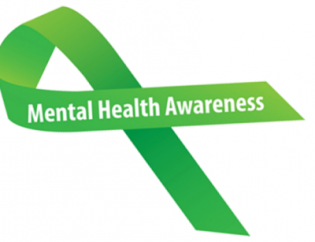
firs. This Anger management is often considered suitable only for those who have a habit of exploding. Not so. It helps everyone with their anger issues. Including those who don’t recognise or acknowledge this emotion in themselves or express it to others. Anger is one of those emotions that is misunderstood and, for many, it is considered as inappropriate or even bad.
Anger management is often considered suitable only for those who have a habit of exploding. Not so. It helps everyone with their anger issues. Including those who don’t recognise or acknowledge this emotion in themselves or express it to others. Anger is one of those emotions that is misunderstood and, for many, it is considered as inappropriate or even bad.
However, it is both natural and healthy to feel anger. It is just when it not expressed appropriately, or not expressed at all that it can cause problems.
When a client says to me that they never get angry, it is a concern. This is because it is often a sign of suppression, usually subconscious. The person often has physical symptoms that don’t clear up by usual means. Symptoms such as insomnia, migraines, aches and pains, eczema, etc.
Like all of our emotions, anger has a purpose: to signal that something needs your attention. And anger management is about understanding the cause for you and how you deal with it. The cause of anger is about a boundary or value which has been crossed. An example is being taken advantage of or lied to. It can signal an unfairness. People tend to either ignore their anger, often suppressing it with behaviours such as comfort-eating, drinking and more, or lash out – not always at the person they are angry towards. It is a rare person who is able to express their anger in the right way, to the right person, to the right degree and at the right time.
Anger has a function
There is also a ‘functional value’ to anger: a benefit, even though the consequences may be dire. I had one client for whom anger gave him confidence because he was standing up for himself. It made him feel powerful. However, the underlying need for him was to feel heard. But the way he expressed himself had one of two responses, depending on who he was venting to. The first was to escalate a problem into a full-on row, both sides rigidly sticking to their point of view with no real understanding taking place. The other reaction was no reaction at all. Again with no real understanding taking place. In either case, he was not truly heard which was his subconscious need.
Consequences of anger
Issues around anger can cause so many problems to an individual, whether it is suppressed or inappropriately expressed. This can impact relationships, job security and even health. The answer is to learn how to express it, not to suppress it, and to learn how to deal with the issue which caused it, constructively.
The first step in anger management
Whatever the cause of your anger, it is important to look at the underlying purpose of it first. Then to find a way to achieve that purpose that doesn’t negatively impact you, or others. Instead in a way which resolves the problem which created it in the first place. This can be an art-form in itself.
I have a wonderful CD/MP3 called Control Your Anger which helps with anger management. Or, you might want to consider some one-to-one help. This will help you understand your anger relationship to anger, triggers, or why you suppress it and how to manage it more effectively. This way we can look at what is going on for you. Then we create tailored approaches which fit your specific circumstances. Does that sound good? Do get in touch. You’ll be glad you did.
In the meantime, here is a link to my anger management page.











